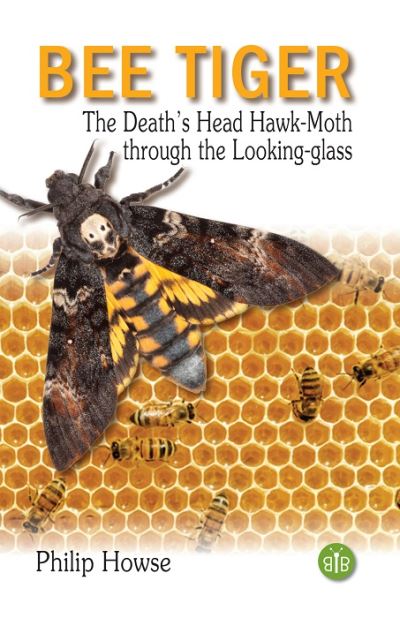Additional information
| Weight | 402 g |
|---|---|
| Dimensions | 151 × 215 × 20 mm |
| Author | |
| Publisher | |
| Imprint | |
| Cover | Paperback |
| Pages | 200 |
| Language | English |
| Edition | |
| Dewey | 595.78 (edition:23) |
| Readership | General – Trade / Code: K |
Independent in Taunton

£13.99
The clear skull markings on the thorax of the large and impressive death’s head hawk-moth are truly fascinating, often perceived as a threat or leading to superstitious and mythological beliefs. Here, the author, an authority in mimicry, discusses why we are so intrigued by these markings but also explains how other animals may perceive its form and behaviour. This moth has evolved to deceive its main predators, especially birds and bats, and to rob bees of their honey without getting stung, again by deceiving them of its true nature, with acoustic, visual and chemical signals in play. It is able to do this because of the obvious, but usually overlooked fact that other animals life in a different sensory world to us, i.e. their perceptions are different.
In stock
| Weight | 402 g |
|---|---|
| Dimensions | 151 × 215 × 20 mm |
| Author | |
| Publisher | |
| Imprint | |
| Cover | Paperback |
| Pages | 200 |
| Language | English |
| Edition | |
| Dewey | 595.78 (edition:23) |
| Readership | General – Trade / Code: K |